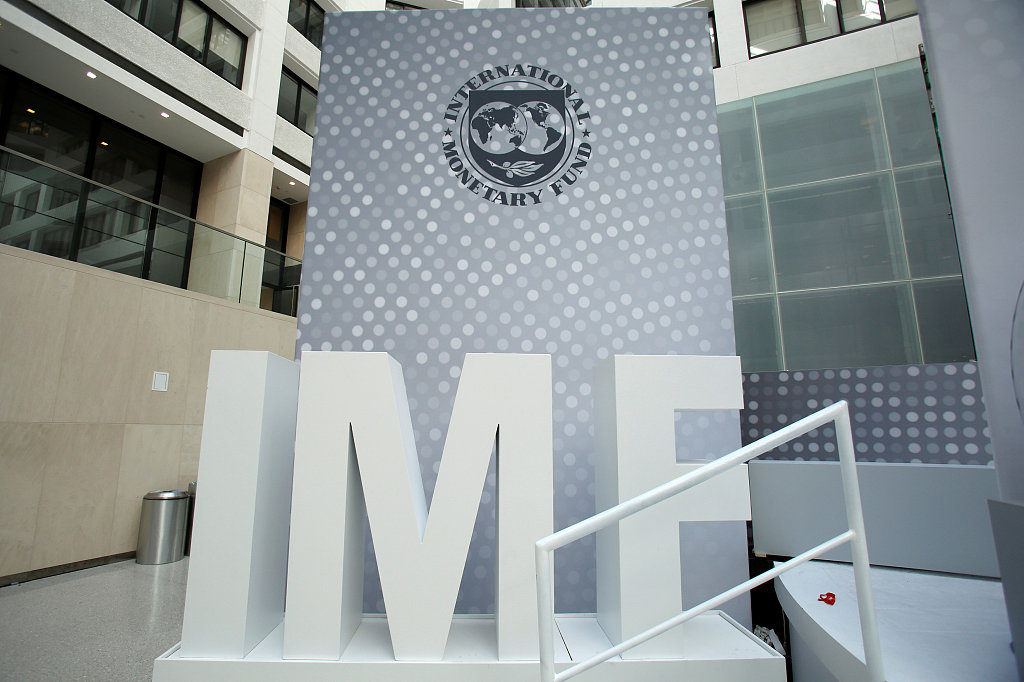Rising import tariffs and other steps taken by the US administration are undermining the global trading system, increasing restrictions on trade in goods and services, said the International Monetary Fund (IMF) on Thursday.

(Photo: VCG)
The IMF made the remarks in the United States 2019 Article IV concluding statement issued on June 6.
Tariff measures are likely to be ineffective at containing bilateral trade deficits and will be damaging to the US and to global macroeconomic health, the statement said. The IMF pointed out the external imbalance will need to be addressed through fiscal adjustment and supply side reforms that improve productivity and competitiveness.
The proper functioning of the global economy relies on a more open, stable, transparent and rules-based international trade system. The IMF strongly suggested that the US and its trading partners should work constructively to better address distortions in the trading system that are partly rooted in the system’s inability to adapt to long-term changes in the international environment. This should include advancing trade negotiations in areas such as e-commerce and services and ensuring the continued enforceability of existing WTO commitments through a well-functioning WTO dispute settlement system.
The statement also highlights the other risks to the US economy, such as life expectancy rates that are declining and well below other G7 countries. Wealth and income distribution are increasingly polarized, and the poverty rate remains close to the level that it was immediately before the financial crisis. According to the latest supplemental poverty statistics, almost 45 million Americans are living in poverty. In addition, socioeconomic mobility has steadily eroded.
The US public debt is on an unsustainable path which has come at the cost of a continued increase in the debt-to-GDP ratio, now at 78 percent of GDP for the federal government and 107 percent of GDP for the general government. The prolonged government shutdown earlier this year demonstrates, once again, the dysfunction inherent in the US budgetary process. The financial system appears healthy but medium-term risks to financial stability are rising, with corporate leverage historically high, and underwriting standards weakening.


